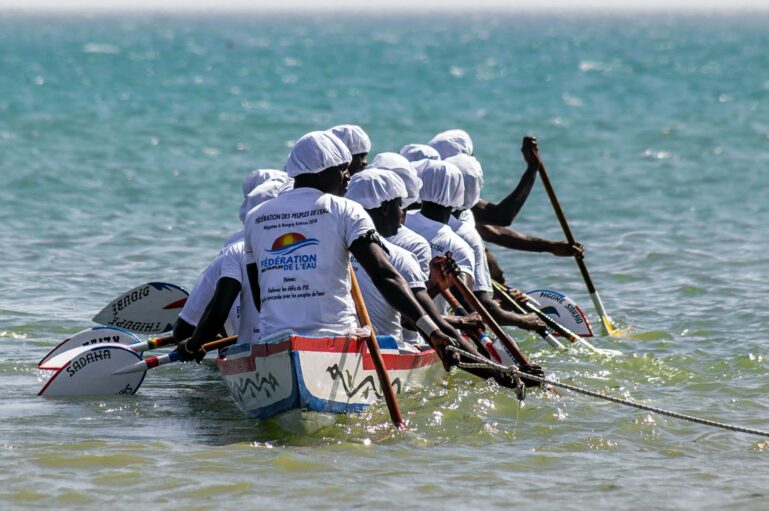“The road to success is paved with failure” (ANON)
An idiom in any language is a literary style that typically represents a figurative, non-literal meaning attached to the phrase or expression, and often points out something of which someone should be aware. This is particularly true of the idiom above where the success road is not literally paved with bricks called ‘failure’, but points to the many failures that one might experience as one travels life’s journey with the hope of achieving success. In other words, and to quote a similar idiom, “The journey of life is not plain sailing”.
Almost all people want to be successful but charting your success journey fundamentally implies understanding that there will be failures along the way. In other words, excellence with a skill set does not mean that mistakes won’t be made – on the contrary, the mistakes and many difficulties that are encountered along the success journey help to rivet attention on the goal that needs to be achieved and elicit new problem-solving abilities to enable creative solution generation.
In her book, The Rise, Sarah Lewis calls this phenomenon “the gift of failure”, noting the too-often ignored role that failure and surrender play in almost any ambitious undertaking. The gift of failure is a riddle. Like the number zero, it will always be both a void and the start of infinite possibility. The Rise—a soulful celebration of the determination and courage of the human spirit—makes the case that many of our greatest triumphs come from understanding the importance of this mystery.
Of course, one must work really hard on perfecting one’s skills, in whatever field or undertaking – that goes without saying – but it is often the mind that stands in the way of achieving success. Doubt, self-image deficiencies, anxiety and other mental health issues hold one back from achieving success and reaching one’s real potential. The mind needs calibration towards focus, grit, and determination if one is to succeed.
The Mayo Clinic is world-renowned for their innovation and quality of care. Internally, they felt their research wasn’t breaking enough new ground, so they created the Queasy Eagle Award, recognising experiments and projects that were interesting and well-designed but ultimately unsuccessful. They got rid of the taboo of failure, and they exponentially grew the number of patents compared to the previous 18 months—245 new ideas whereas before they only had 36. When the clinic recognised and valued their “near wins”, these failed experiments could become crucial steps in other, successful journeys.
The Ig Nobel Prizes honour achievements that make people LAUGH, then THINK. The prizes are intended to celebrate the unusual, honour the imaginative — and spur people’s interest in science, medicine, and technology. In 2000, physicist Andre Geim was awarded an Ig Nobel Prize for the apparently useless exercise of levitating a frog in a powerful magnetic field. A decade later, he and Konstantin Novoselov won the Nobel for isolating graphene, a one-atom-thick material that’s rapidly replacing silicone in countless applications. Lewis notes: “There seems to be a direct connection between “the insouciance it took to levitate a frog” and the willingness to pursue the unlikely idea of isolating a two-dimensional object in three-dimensional space. Graphene was discovered during the “Friday Night Experiments” Geim and Novoselov hold at the University of Manchester. It’s lab time set aside for unfunded, and unlimited, experimentation—scientists at play. They are asking questions that experts wouldn’t dare. The Friday Night Experiments are a place to be outlandish, to be fearless, to innovate and find new ideas. They are working as deliberate amateurs, as I call it.”
Our minds need to be calibrated for success to be realised. Plan for success and plan for failure. Set your mind to learn from mistakes, but also tweak it for strength, determination, and grit. Most importantly, teach your mind to have fun.










